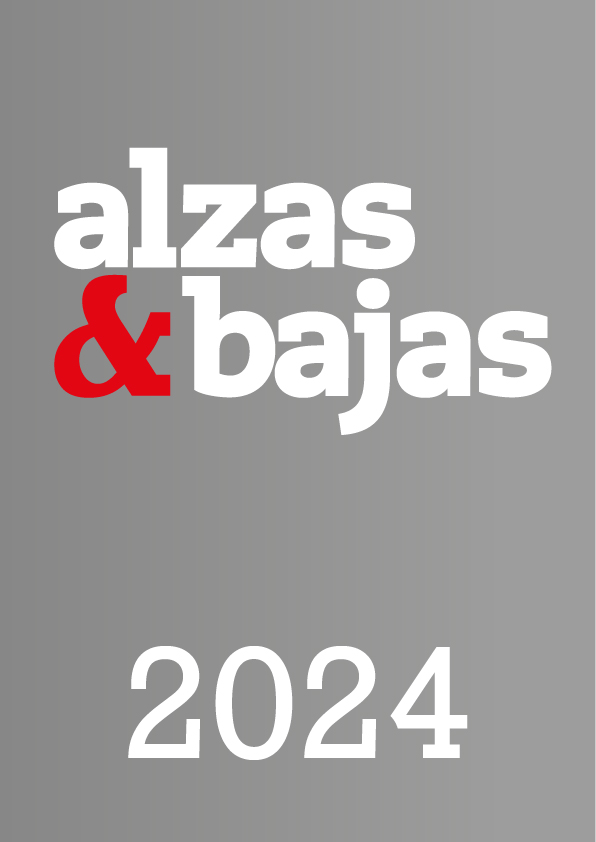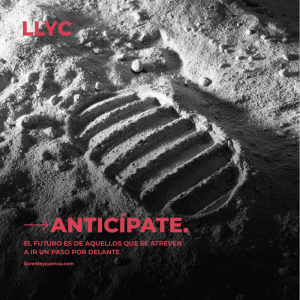Argentina has been, is being and will be a country of major investment opportunities
17 noviembre, 2012
Para continuar leyendo esta nota, Ud. debe ser suscriptor.
Suscríbase a Revista Mercado
Conocé todos nuestros planes.
Suscribirme ahoraSi Ud. ya es suscriptor, ingrese con su usuario y contraseña.
Compartir:







